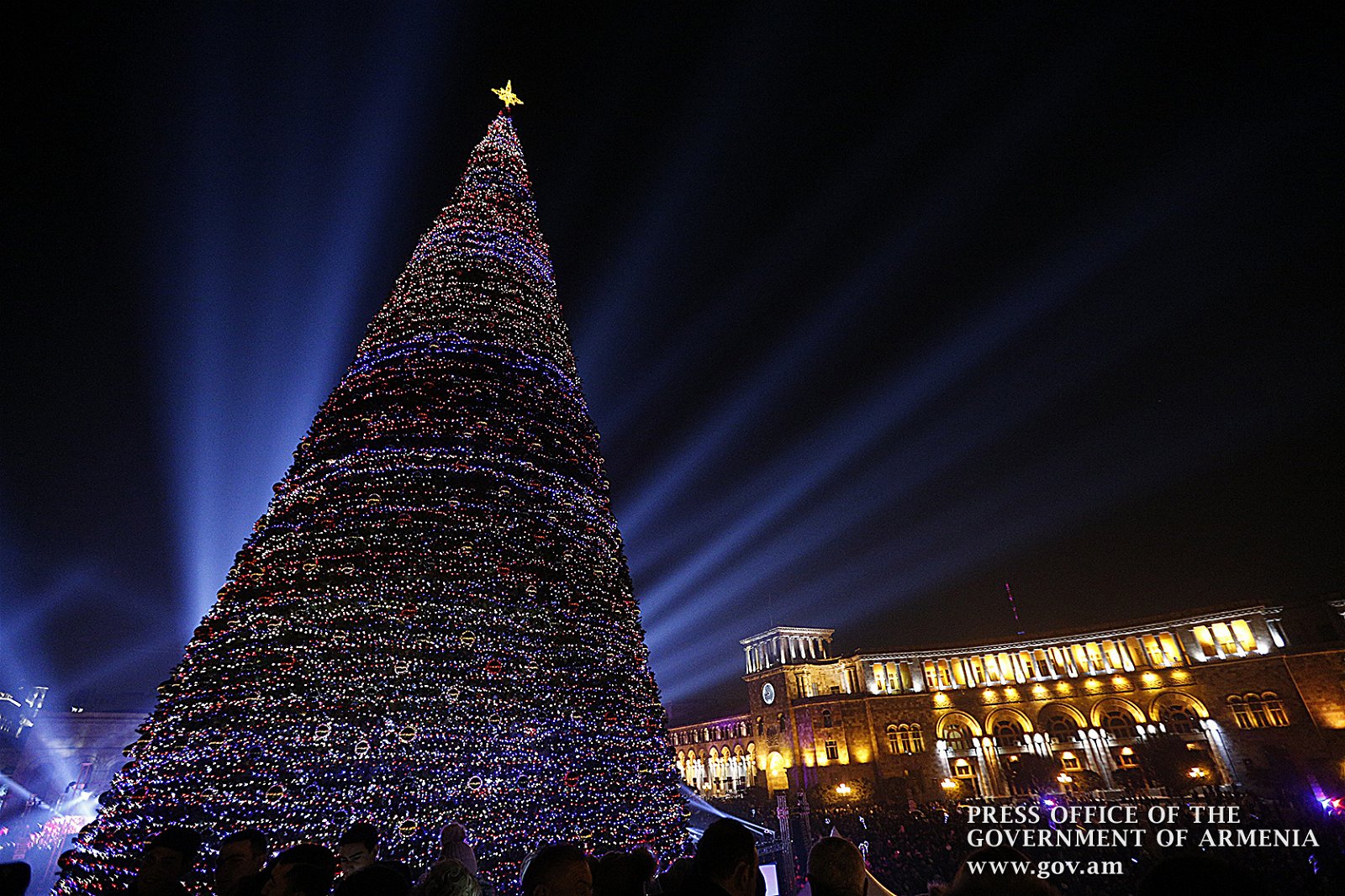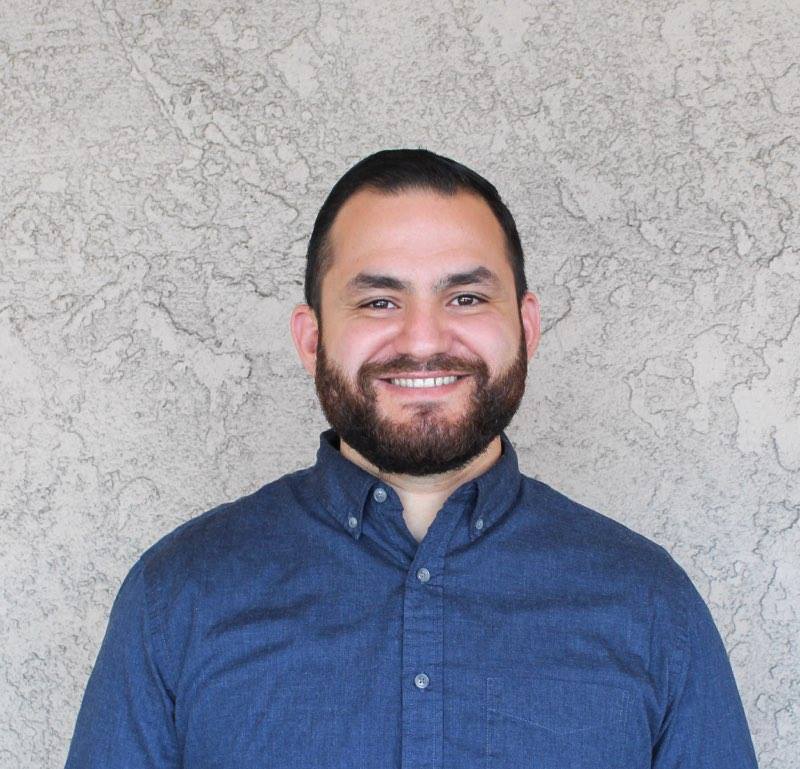
Many Armenians won’t put up decorations or host large family gatherings this year. That’s not because of COVID-19. Armenians love ringing in the New Year and celebrating Christmas with lights and trimmings and hearty and lively celebrations around the table. For Armenians, disease isn’t typically an acceptable excuse for avoiding gatherings with loved ones.
Loved ones—so many loved ones, lost. The feasting and laughter, after November 9, could it ever be the same? Surely, this is not the year to make it a happy season. Even the giant tree in Yerevan’s iconic Republic Square will not be lit this year.
Many nationalities, Armenians included, have a tradition of not putting up a Christmas tree when someone in their family has died that year. I thought this was associated with grief and lack of motivation, but I’m told it’s more an act of respect. Lavish feasts are viewed as dishonorable to the memory of the deceased. Meals are boiled, toasts are reserved for the memory of the dead, and celebrations are kept quiet or cancelled. When the truly loved are lost, what cheer is there to go around?
For Armenians—cursed and forced into the outer darkness from much of their historic Artsakh—2020 felt like another round of 1915. So many lost. So much utter hatred against us, and the terror has only begun. Did we lose? Were we sold out? What will happen to homes and historic sites? Will God have mercy on those tortured and held captive to this day?
There is no exaggerating Armenia’s crisis or the agony of her open wounds. Armenia is like her patron Saint Gregory, banished to a deep, dark pit of snakes and scorpions, condemned to a heathen’s death.
But Gregory’s story makes me wonder: What does Armenia, the proud and first Christian nation, do with Advent and Christmas this year?
One reason Armenians take pride in their historic Christianization is well-articulated in Tom Holland’s Dominion: How the Christian Revolution Remade the World. To have become Christian was historically understood as a good thing, a civilizing force—dignity, monogamy, special attention given to children and the elderly—Armenians believed Christ gave these to Armenia.
Since Armenia’s conversion, symbols have even been baptized. Our pomegranate symbolizes the forbidden fruit, its blood-red stains evoking those of Christ on the cross; even Armenia’s mountains recall the triumph of Creator God over pagan high places of old, when sacrifice upon sacrifice was made to appease angry gods (pagan god, «չաստուած» /chastvads/, literally translates not God)
The Norse, upon converting to Christianity and turning from a culture of bloodthirst, saw in their mythological evergreen tree a symbol of the hope of Christ-child, celebrated in the darkest season of the year (See the book Tree of Salvation: Yggdrasil and the Cross in the North by G. Ronald Murphy S.J.).
Armenians know all too well how to mourn. Armenians (tragically) have had lots of practice—but beyond the tree, gatherings and other surface manifestations, our hearts need Christmas more than ever.
Christmas is a feast of reverence for the God who came to earth to suffer every devilish evil humanity would suffer, and to do so perfectly, even unto death. It is the holy opportunity to remember the child destined to die—like so many this year, young and old—for the freedom from the curse of death marks on the head of every child conceived in human history. In his defense of the Incarnation, St. Athanasius writes “the Lord came to cast down the devil and clear the air and prepare the way for us up into heaven”.
Johnny Cash famously sang, “’Til things are brighter, I’m the man in black.” Armenians understand this sentiment. While people live through darkness, empathetic, thinking, feeling humans should not live as though things are light.
But, Christmas.
Christmas is the story of stories about when things are darkest, all the more, Christmas is the light.
This fall, as leaves fell and winter crept in, Armenians—the people who took up the symbol of the cross again—faced the evil of the sword again, were forever traumatized again, subject to imagery not meant for human eyes again as many remain held captive in the worst of circumstances (lest we forget!). We are also the people who celebrated priests in ancient cathedrals making supplications to the tune of bomb blasts; men and women praying “Our Father” on the frontlines; generals priding themselves in strong and dignified public campaigns, restraining themselves from the use of terror. This is a people whose national heroes are evangelists, translators, musicians, chess players, defenders…
In the darkest of winters, mourning befits the honorable memory of those who gave their lives. Indeed it may seem fitting to keep off the lights, but a song of hope continues, echoed through the ages, as Moses Khorenatsi instructed in his fifth century sharakan, Խորհուրդ մեծ, /Khorhurt Medz/ or Great Mystery:
O great and wonderful mystery that is made known today. The shepherds sing with the angels and proclaim the good news to the world: Today a new king is born in the city of Bethlehem. Bless Him, all people, for He has become man for us. He who is greater than heaven and earth came down into a manger without leaving His Father to dwell in the holy womb:
In the bitter, mournful darkness, tree or no tree, lights or no lights, we can remember the God who came to triumph over that darkness.
The people who walked in darkness Have seen a great light; Those who dwelt in the land of the shadow of death, Upon them a light has shined. (Isaiah 9:2)
To Armenians, to human beings living in 2020: Don’t put out the light.



So powerful and hopeful. How timely Christmas is for us Armenians in mourning. Just likes the first Christmas, a time of darkness, defeat, hopelessness, questions, today, again 2000 plus years later, the same realities in Armenia. But, The Light has entered darkness to bring us have hope and deliverance. Thank you Haig for the reminder so well written.
Wow, Haig, I realize I know nothing about Armenia! So glad you are working with TEAM now!
Wonderful article and wonderful writer.
Beautiful article dear Haig, and thank you for your hopeful words, God bless you, God bless our soldiers, nation and country.